The Targeting Rule HAS To Change

The Kentucky Wildcats were haunted by the targeting rule all night against Florida in its 29-21 defeat at Kroger Field. The rule sparked tons of controversy across the country, as two Cats and one Gator were ejected from the game on absolutely terrible calls.
Now, let me be clear. I’m not saying the targeting calls weren’t targeting, according to the rule. Based on the language of the rule, all three players should have been ejected from the game. The problem is simply that the rule needs to change. Officials should be given more discretion in deciding whether a player should really be penalized and/or ejected from a game – and possibly suspended for part of the next game – based on the helmet-to-helmet hit.
There should be a discernible difference in calls based on the intent of players. This rule is meant to keep players safe. I understand that. What I don’t understand is penalizing players when they can’t avoid the helmet-to-helmet hit. If you’ve ever played football, you know how hard it is to adjust when you’re about to hit a player and he suddenly ducks his head or shifts in a way that forces you to hit them head on.
Saturday night, a targeting call forced UK’s starting safety and defensive tackle out of the game. Yusuf Corker was ejected in the first quarter and TJ Carter was sent packing in the fourth, which ended up being a pivotal moment in the game.
Top 10
- 1New
Ranking SEC schedule
Toughest to easiest
- 2
Big Ten odds
Ranking contenders first to last
- 3Hot
Top 25 QB rankings
EA Sports CFB 26 rankings
- 4Trending
Jeremiah Smith
Vows to never lose to Michigan
- 5
5-star commitments
Multiple set for this week
Get the On3 Top 10 to your inbox every morning
By clicking "Subscribe to Newsletter", I agree to On3's Privacy Notice, Terms, and use of my personal information described therein.
The ruling on Carter was the most egregious, as the quarterback was being slung around and ended up dropping his head at the last second, forcing Carter to hit him helmet-to-helmet.
https://twitter.com/Scott_Charlton/status/1173058621678268416?s=20
This should’ve been a second down sack and a game-changer for Kentucky. Technically, I guess it could still be considered a game changer. The rule led to a 15-yard targeting penalty, an automatic first down, and an ejection for Carter. Florida took the lead and never looked back after this drive.
Again, I know under the rule that this is targeting. The problem is the rule itself. TJ Carter’s intent wasn’t to target or hurt the quarterback; it was incidental contact. This rule won’t deter Carter from tackling like this in the future. He was looking to properly tackle Florida’s quarterback, and instead, because of one bad move by the quarterback himself, he was ejected and his team may have lost because of it.
The rule has to change, and it has to change now.
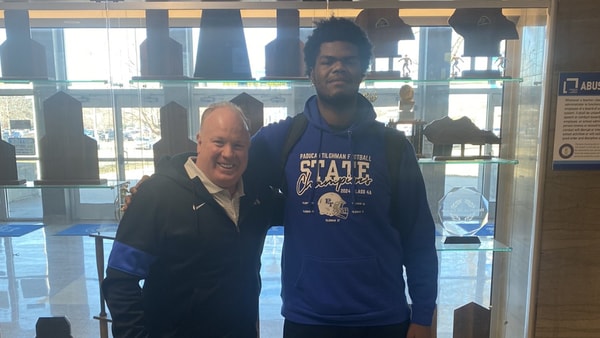

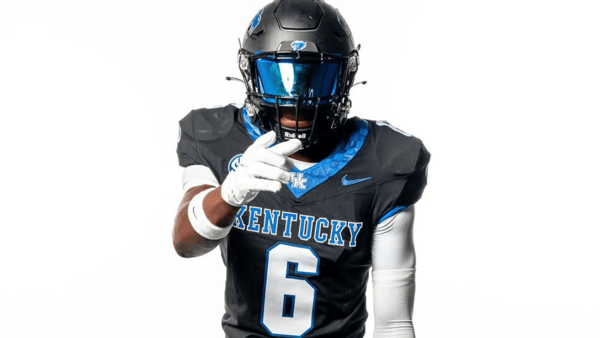
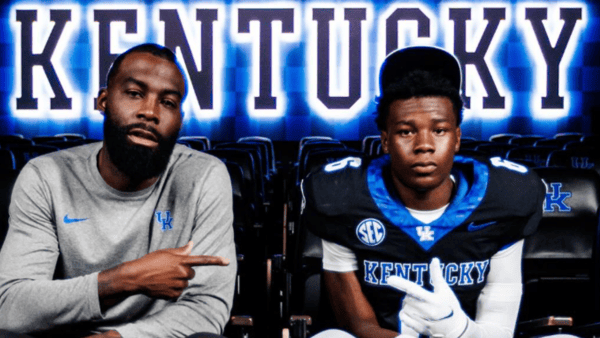
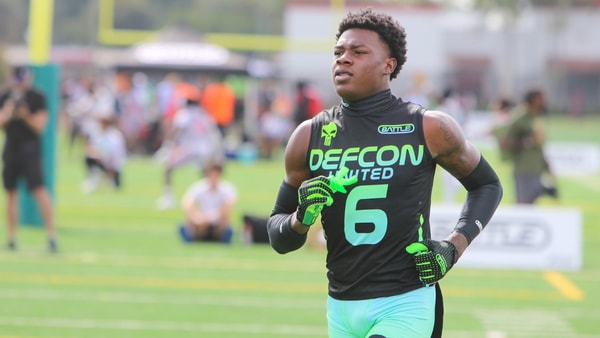

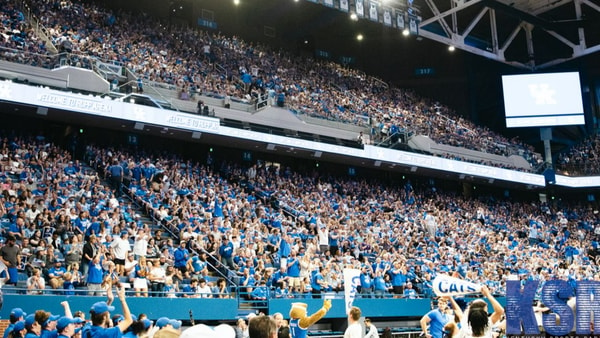
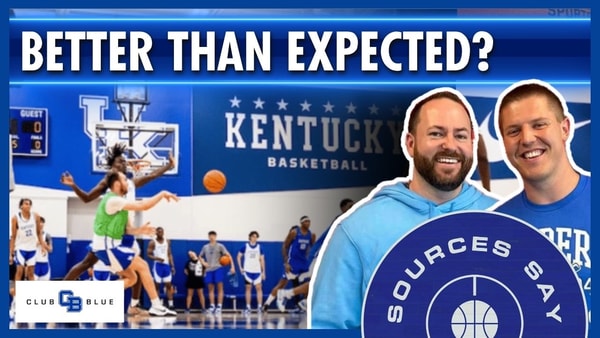
Discuss This Article
Comments have moved.
Join the conversation and talk about this article and all things Kentucky Sports in the new KSR Message Board.
KSBoard